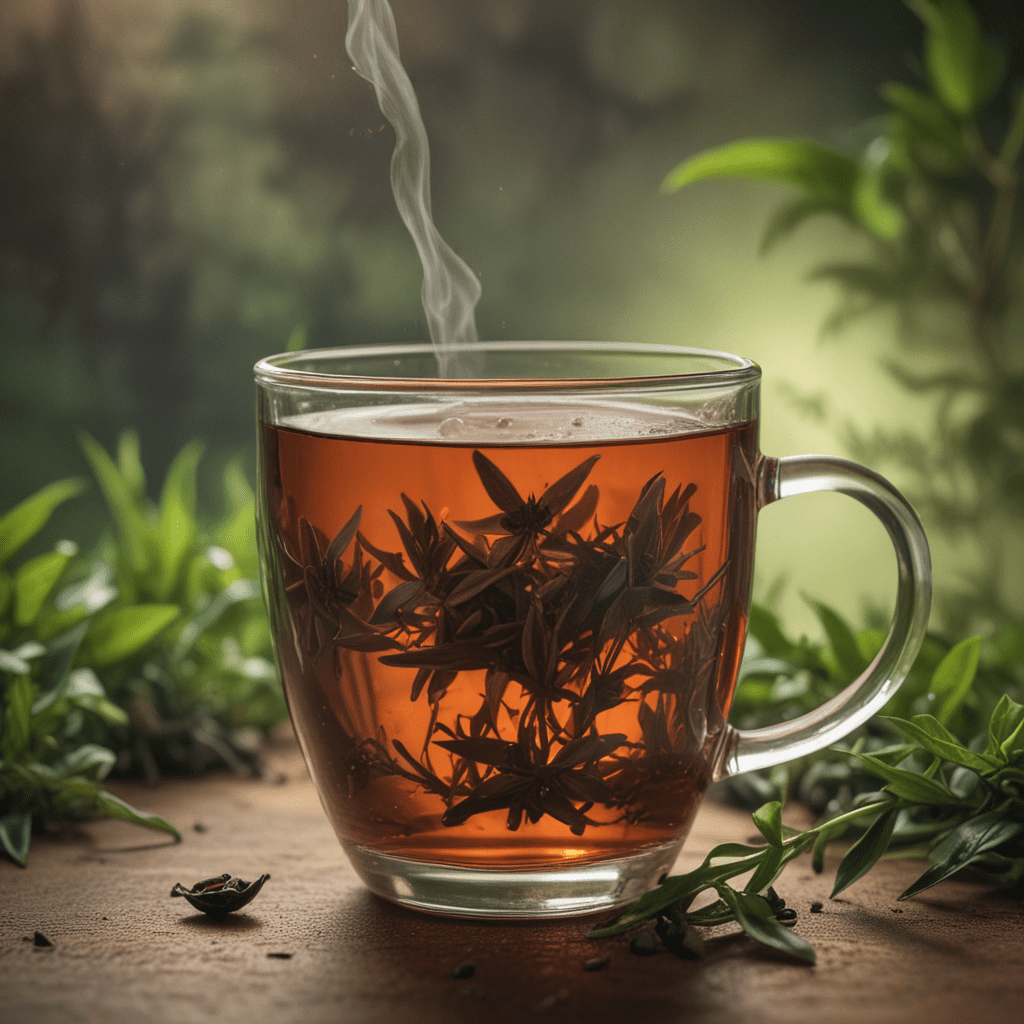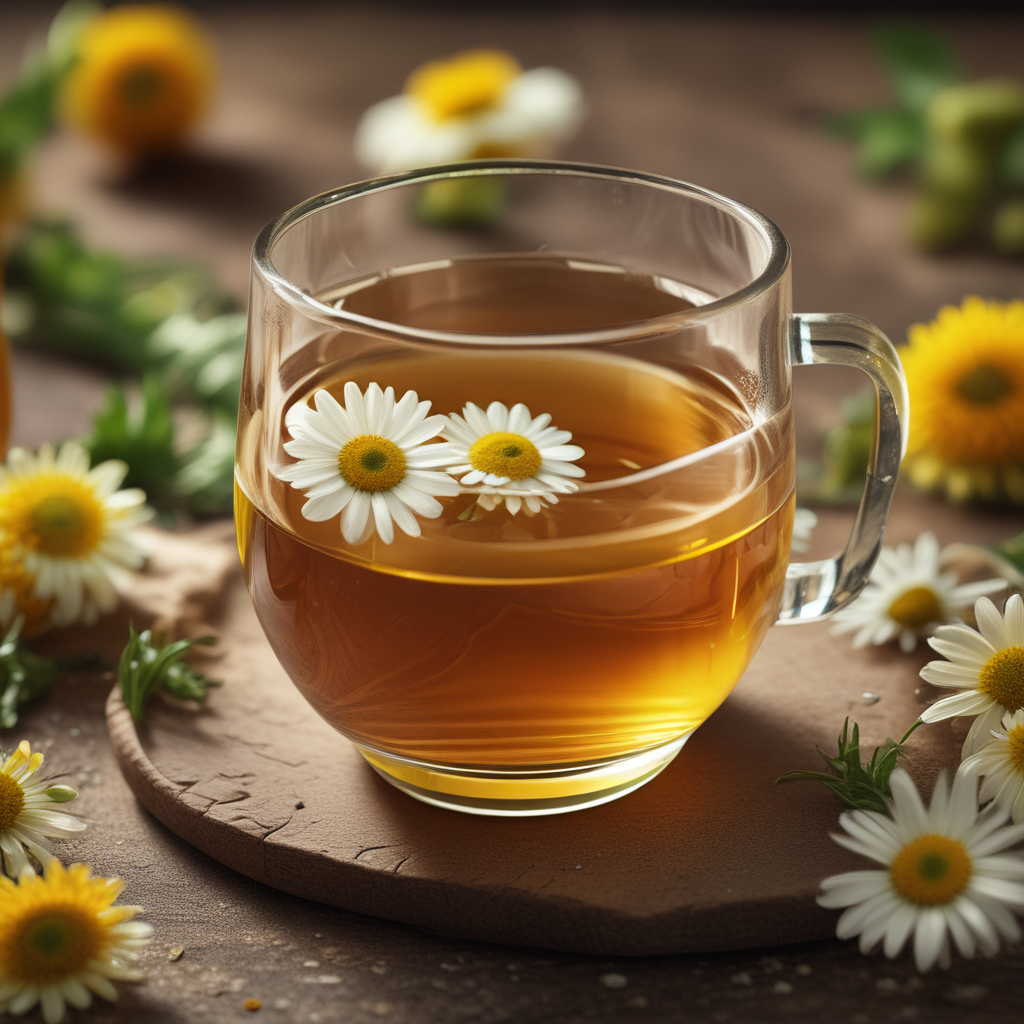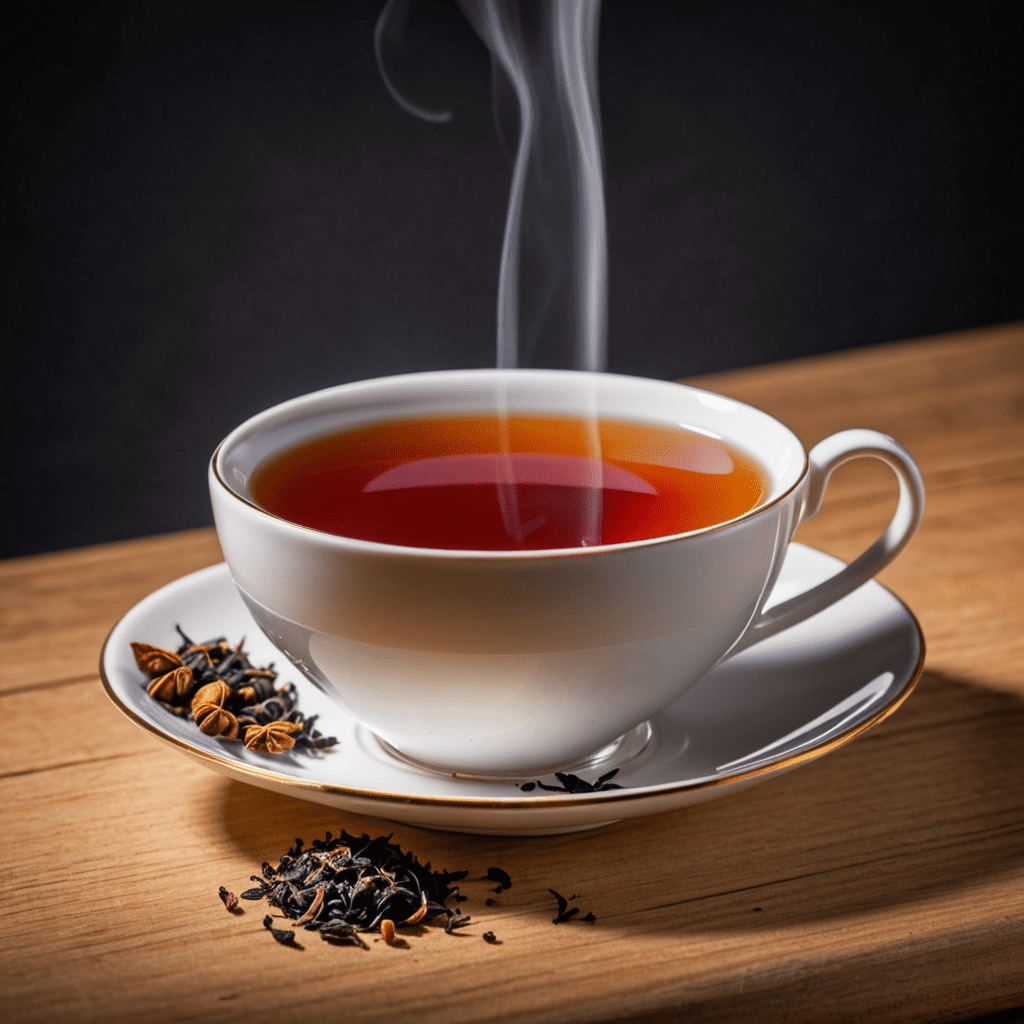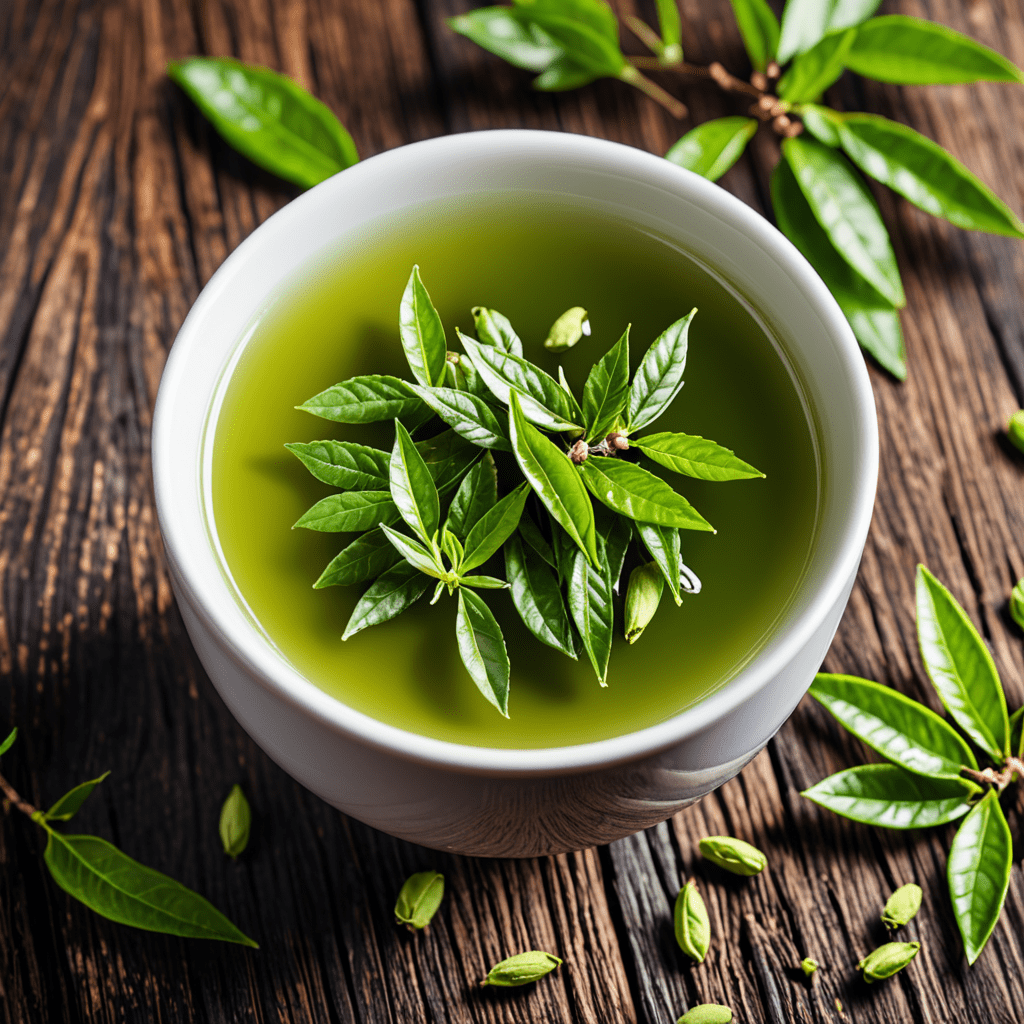
A Journey to the Heart of Assam
In the verdant embrace of northeastern India lies the state of Assam, a land renowned for its picturesque tea plantations that stretch across rolling hills as far as the eye can see. Assam tea, with its rich history and distinctive flavor profile, has captivated tea enthusiasts worldwide, earning its place as one of the most sought-after teas in the world.
Delving into the heart of Assam is a journey through a landscape of lush greenery, where tea bushes thrive in an environment that provides them with optimal conditions for growth. The climate, with its ample rainfall and warm temperatures, coupled with the fertile soil, nurtures the tea plants, allowing them to flourish and produce an exceptional yield.
Unveiling the History of Assam Tea
The genesis of Assam tea can be traced back to the mid-19th century when British planters discovered the indigenous tea plants growing wild in the region. Recognizing the immense potential, they established plantations and began cultivating tea on a commercial scale. Over the years, Assam tea has evolved into a global phenomenon, with its popularity spreading far beyond the borders of India.
Exploring the Assam Tea Gardens
A visit to the Assam tea gardens is a mesmerizing experience that transports visitors to a world of tranquility and natural beauty. Amidst the verdant tea bushes, the air is perfumed with a delicate aroma, a symphony of vegetal and floral notes that intensifies as the day progresses. The tea gardens, with their rows and rows of meticulously manicured tea bushes, are a testament to the dedication and skill of the tea planters.
Understanding the Assam Tea Production Process
The production of Assam tea, from the tender tea leaf to the finished product, is an intricate process that requires precision and expertise. The leaves are plucked at the optimal time to ensure the highest quality, then withered to reduce their moisture content. This is followed by the oxidation process, where the leaves are rolled and exposed to oxygen, developing their characteristic dark color and full-bodied flavor. Finally, the leaves are dried to stop oxidation and enhance their shelf life.
Discovering the Unique Characteristics of Assam Tea
Assam tea is renowned for its distinctive characteristics that set it apart from other teas. Its large, hearty leaves yield a rich, malty liquor with a deep amber hue. The flavor profile is robust and bold, with notes of malt, honey, and a hint of smokiness. Assam tea has a strong body and a lingering finish, making it a perfect choice for those who prefer a full-flavored tea experience.
6. Experiencing the Diverse Flavors of Assam Tea
Assam tea is not just a single flavor but a kaleidoscope of tastes. Depending on the region, season, and processing techniques, Assam tea exhibits a wide range of flavors. Some teas have a pronounced malty flavor, reminiscent of freshly baked bread. Others may showcase a sweet honey-like character, balanced by a refreshing astringency.
7. Health Benefits of Indulging in Assam Tea
Beyond its delightful flavor, Assam tea is also known for its potential health benefits. It is a rich source of antioxidants, including polyphenols, which have been linked to reducing inflammation and protecting against chronic diseases. Assam tea may also have a positive effect on heart health and blood sugar levels.
8. Brewing the Perfect Cup of Assam Tea
Brewing a perfect cup of Assam tea is an art that requires attention to detail. Use fresh, cold water and bring it to a boil. Add the tea leaves, at a ratio of 2-3 grams per cup of water, and allow them to steep for 3-5 minutes. The longer the steeping time, the stronger the tea will be. Once steeped, strain the tea and enjoy it black or with your preferred sweetener and milk.
9. Cultural Significance of Assam Tea
Assam tea has played an integral role in the cultural fabric of Assam. It is an intrinsic part of daily life, from morning rituals to afternoon breaks. Assam tea is also a source of pride and identity for the Assamese people, and it is often served at festivals and other special occasions.
10. Assam Tea: A Legacy to Savor
Assam tea is a testament to the rich history and natural beauty of the region. Its unique flavor profile, health benefits, and cultural significance have made it a beloved beverage around the world. Whether enjoyed as a morning pick-me-up or an afternoon indulgence, Assam tea is a legacy to be savored and cherished.
FAQs
Q: What is the ideal water temperature for brewing Assam tea?
A: Assam tea should be brewed with freshly boiled water, which is approximately 200-212°F (93-100°C).
Q: How long should I steep Assam tea?
A: The steeping time for Assam tea depends on the desired strength. For a light tea, steep for 3 minutes. For a stronger tea, steep for up to 5 minutes.
Q: Can I add milk to Assam tea?
A: Yes, you can add milk to Assam tea if you prefer. Assam tea has a strong flavor that can stand up to the addition of milk.
Q: What are the health benefits of Assam tea?
A: Assam tea is a good source of antioxidants, which may have health benefits such as reducing inflammation and protecting against chronic diseases. It may also have a positive effect on heart health and blood sugar levels.


